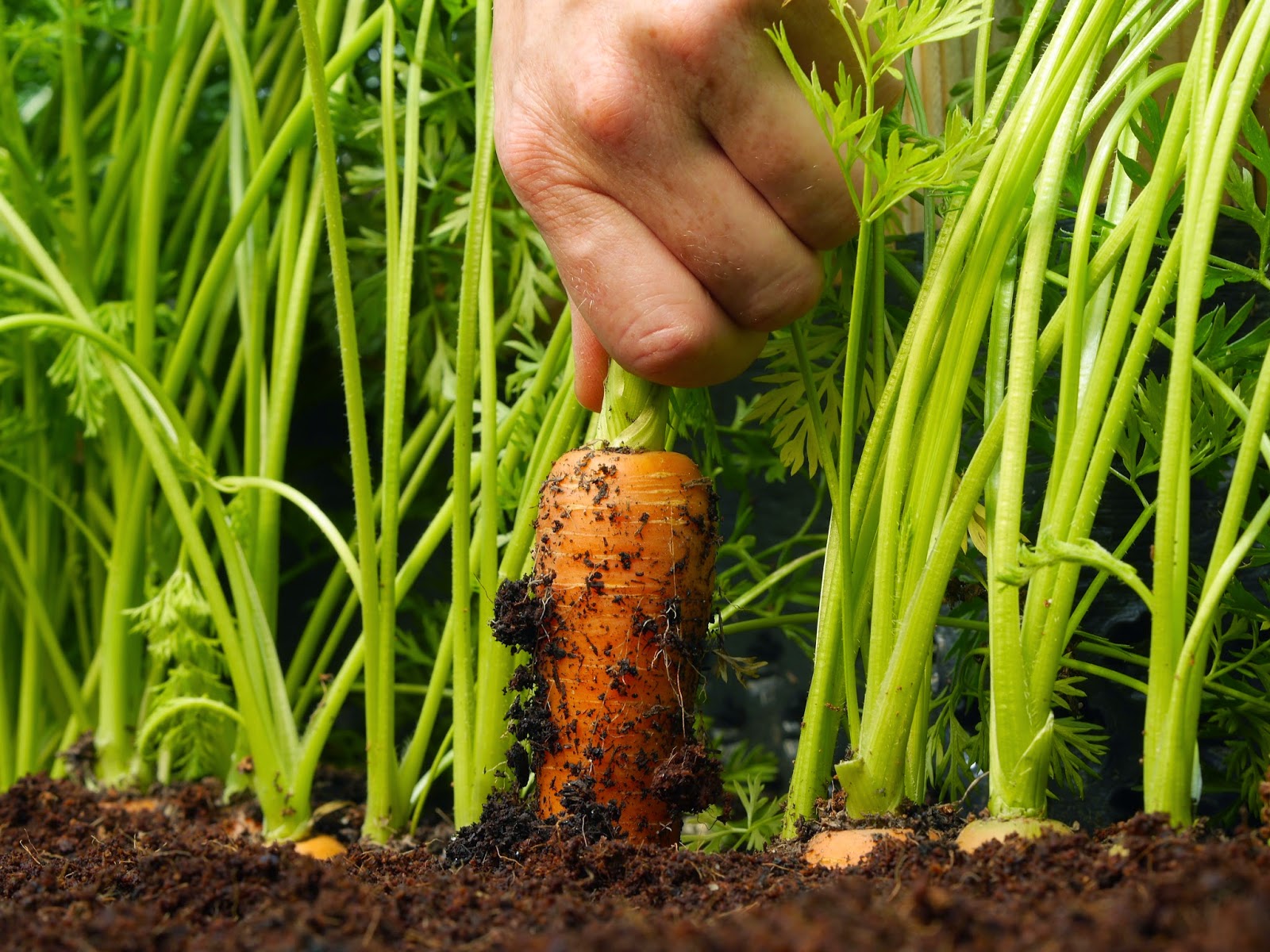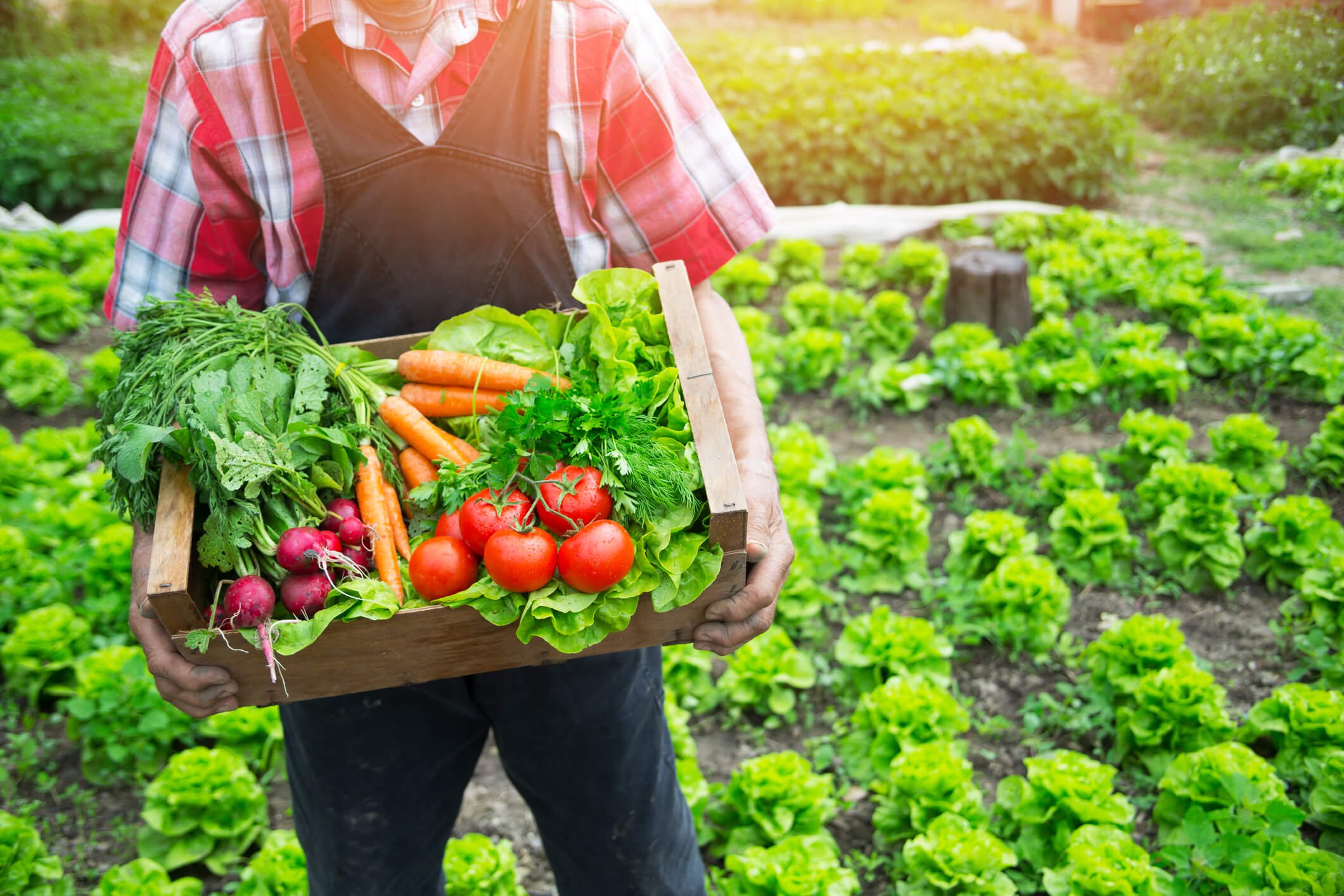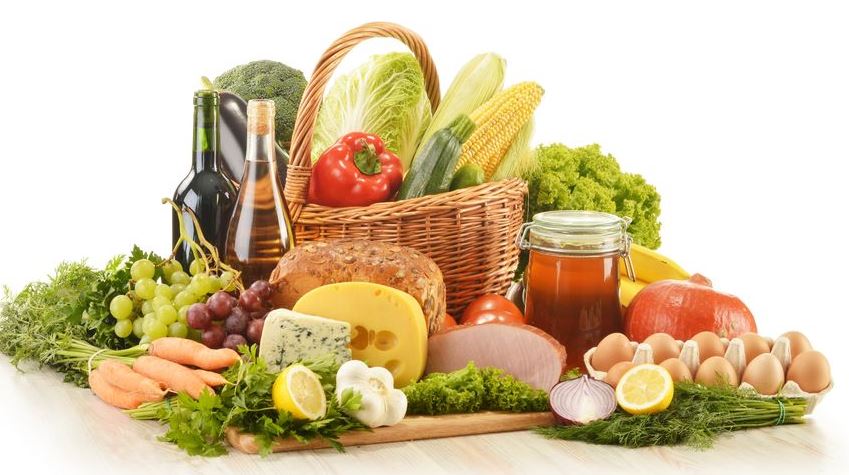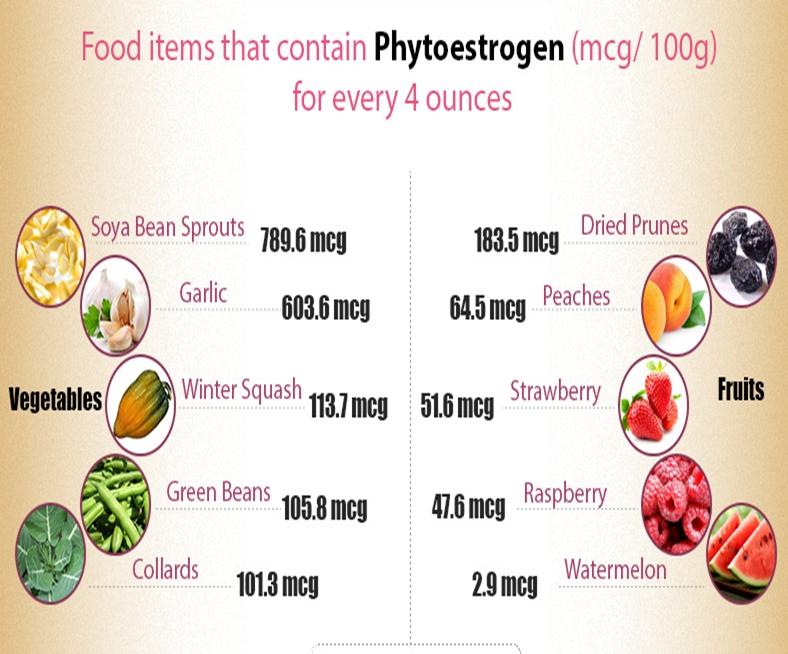Choose the Right Location:

- Select a spot in your garden or yard that receives at least 6-8 hours of sunlight per day.
- Ensure good drainage to prevent waterlogging and root rot.
- Consider raised beds for better control over soil conditions and drainage.
Prepare the Soil:

- Start by testing your soil to determine its nutrient content and pH level.
- Add organic matter, such as compost or manure, to improve soil structure and fertility.
- Adjust the soil pH to suit the needs of your chosen crops, using pH-adjusting products if necessary.
Choose Organic Seeds and Plants:

- Opt for certified organic seeds and plants to ensure they are free from synthetic pesticides and chemicals.
- Consider saving seeds from your own organic plants for future seasons.
Plant and Space Properly:
- Follow the recommended spacing guidelines for each crop to prevent overcrowding and competition for resources.
- Plant at the right depth and maintain proper soil moisture for optimal growth.
Water and Fertilize as Needed:
- Water plants regularly to maintain consistent moisture but avoid overwatering, which can lead to disease and root rot.
- Use organic fertilizers, such as compost tea or bone meal, to provide nutrients without the use of synthetic chemicals.
Manage Pests and Diseases Organically:
- Practice crop rotation to break disease and pest cycles.
- Use neem oil, insecticidal soap, or companion planting to manage pests naturally.
- Employ organic disease control methods, such as copper fungicides or biological control agents.
Weed Control and Mulching:
- Regularly weed your garden to prevent competition for resources and provide better growing conditions.
- Apply organic mulch, such as straw or shredded leaves, around plants to suppress weeds and retain soil moisture.
Harvest at the Right Time:
- Monitor your crops closely to determine the ideal harvest time for each variety.
- Harvesting produce at its peak ripeness ensures the best flavor and nutritional value.
Store and Consume Freshly:
- Store organic produce properly to maintain its freshness.
- Enjoy your organic harvest as soon as possible to reap the maximum nutritional benefits.
- Share excess produce with friends and family or consider selling it locally to promote organic farming.
How To Grow Organic Food











